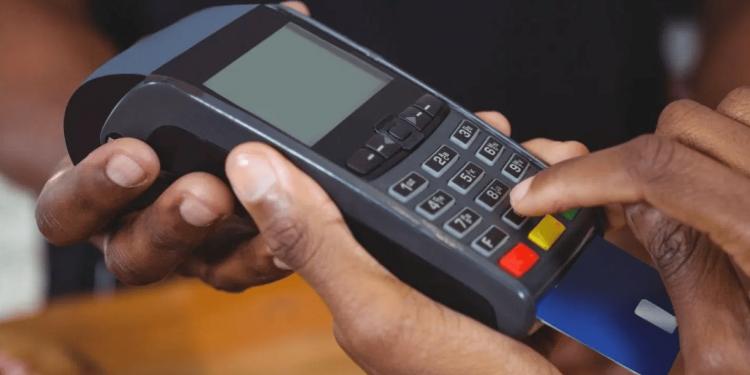Nigeria’s ongoing cash shortage is the result of a poorly executed cashless policy and ineffective management by banks, according to Tope Dare, Executive Director of e-Business and Infrastructure at Inlaks Computers Limited. He made this assertion during a public lecture titled “The Cash War Between ATMs and POS Agents in Nigeria”, where he analyzed the growing reliance on POS operators and their impact on financial transactions.
Dare argued that while banks blame the Central Bank of Nigeria’s (CBN) cashless policy for the crisis, the real issue lies in the flawed regulatory approach. He explained that despite efforts to transition into a cashless economy, cash remains an essential part of daily transactions in Nigeria. Many individuals, particularly traders, transport workers, and elderly citizens, still depend on physical cash, making it necessary to strike a balance between financial inclusion and digital banking.
He noted that POS operators, originally meant to supplement banking services, have evolved into primary cash distributors. However, their high transaction fees, which remain largely unregulated, have incentivized them to adopt desperate and unethical practices to access cash. This has contributed to cash scarcity, leaving regular bank customers at a disadvantage.
Dare highlighted that many POS operators acquire cash through two major means: purchasing it from local businesses in exchange for digital transfers (creating an informal economy) and withdrawing directly from ATMs using multiple debit cards issued by different banks. This practice leads to ATM congestion, limits cash availability for regular users, and increases transaction costs.
“This dynamic has left everyday bank customers struggling to access cash due to long queues and withdrawal limits. At the same time, POS agents charge excessive fees, forcing consumers to pay a high price for cash transactions,” he stated. He warned that if left unchecked, this situation could further deepen financial exclusion and increase economic hardship for those who rely on cash for survival.
Despite the high transaction costs, a survey conducted by Dare’s team revealed that many Nigerians prefer using POS agents over ATMs. The respondents cited factors such as:
– Convenience and proximity: POS operators are widely available, making access to cash easier.
– Faster transactions: Many users find POS services quicker than waiting in long ATM queues.
– Better customer service: Unlike traditional bank staff, POS agents tend to be more personable and relatable.
The findings also highlighted a major disparity in Nigeria’s financial infrastructure. As of March 2024, the country had approximately 2.7 million deployed POS terminals compared to fewer than 21,500 ATMs, serving over 63 million unique bank clients. This imbalance underscores the growing dependence on POS machines for cash transactions.
Dare further noted that ATM withdrawal limits, which typically range between N5,000 and N10,000 per transaction, force customers to make multiple withdrawals, worsening cash shortages. The limits disproportionately affect those who rely on cash, such as small business owners and transport workers, many of whom struggle with digital banking.
While acknowledging the CBN’s efforts to penalize banks that fail to ensure adequate cash availability, Dare urged for stricter regulation of POS operators. He recommended:
– Greater oversight to curb excessive fees and unethical cash sourcing by POS agents.
– Encouraging banks to increase ATM cash availability and raise withdrawal limits.
– Expanding financial literacy programs to help more Nigerians transition into digital banking.
Dare warned that if these measures are not taken, the country could see a worsening financial divide, with everyday Nigerians continuing to bear the burden of high transaction costs and cash shortages.










